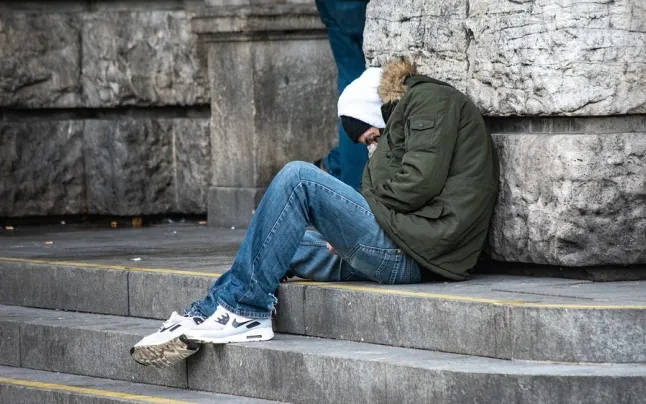EAPN publishes a report that describes the conditions of the most vulnerable people in the EU and makes recommendations to the authorities.
On 14 July, EAPN presented the report ‘The impact of Covid-19 on people experiencing poverty and vulnerability’, a study that describes and analyses the conditions of the most vulnerable people in countries participating.
The report was conducted by EAPN EU, with the participation of 25 national networks and 3 European Organisations: SMES, IFSW and Age-Platform.
The document takes into consideration the situation of health, social protection and minimum income systems before the pandemic, the positive and negative changes in the systems due to the virus and the measures adopted by governments to tackle the situation.
Besides, the report analyses deeply the impact of the Covid-19 crisis in elderly people, front-line workers and medical staff, homeless people, atypical and self-employed workers, low income households, children in poor families, travellers, Roma, migrants and asylum seekers as well as the effects on women and gender inequality.
Another aspect considered in this report is the role of non-profit organizations during this period and examples of good practices.
Recommendations
On the study, EAPN makes significant recommendations to national and European authorities, in order to leave no one behind and demands to EU and Member States an urgent, coordinated action to adequately protect and support the poor, the sick and highly vulnerable groups.
Short-term recommendations
- National authorities must undertake immediate, extra targeted actions in the field of physical and mental health, food security, housing and accommodation and guarantee access to clean water and hygiene products, accessible information, free access to testing and treatment for patients affected by COVID-19 to ensure the protection of disadvantaged communities and vulnerable socio-economic groups during the pandemic.
- Urgent action to protect workers and ensure adequate income for all.
- Urgent action to protect people at risk of poverty
- Action to mitigate the social impact of containment measures on social isolation and loneliness
Mid-term recommendations
- Embed poverty and social impact assessment.
- Reinforce quality public health and social care services.
- Prioritize adequate minimum income and social protection.
- Protect employment, prevent precarious work and revalue front-line work.
- Ensure that poor and vulnerable groups do not pay through austerity measures.
Long-term recommendations
- Adopt an overarching EU social and sustainable strategy – AGENDA 2030.
- Agree an integrated EU antipoverty strategy, as the main goal and framework for the European Pillar of Social Rights Action Plan in 2020.
- Implement a comprehensive assessment of the impact of COVID-19 epidemic on poverty and equality in the EU, and the key groups affected.
- Establish “strong and balanced” coordination throughout the European Semester, so that the Member States fulfil their obligations to reduce poverty and inequality, as well as to implement social rights and social cohesion.
- Make progress on obligatory rights.
- Ensure that the EU recovery plan benefits the poor and vulnerable.
- Ensure meaningful participation of people experiencing poverty and civil society organizations.
- End the era of austerity in Europe and work towards a macroeconomic framework that prioritises the fight against poverty and inequality, invest in wellbeing and in the preservation and protection of the natural environment that supports us.
For more information, you can read the full report.







Add new comment